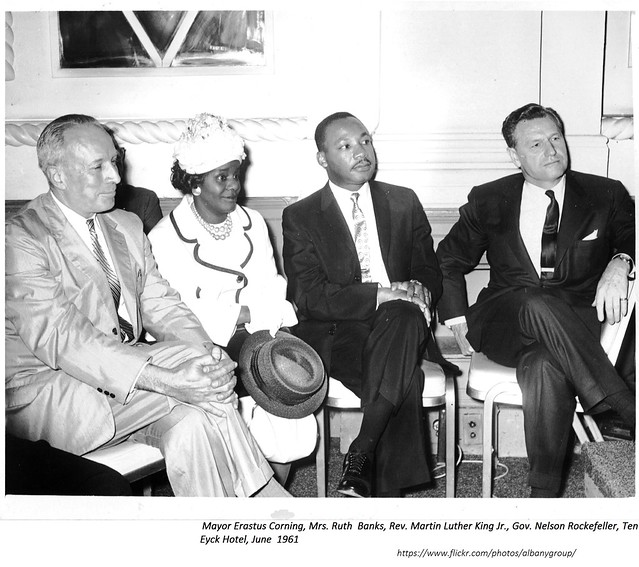When King Was Dangerous
Martin Luther King Jr was not a popular man. In 1963, just 41 percent of Americans expressed a positive view of him. Only Soviet leader Nikita Khrushchev was more unpopular. It went downhill from there. By 1966, two-thirds of Americans held a negative view of King. In his remaining years, King polled worse than nearly all other well-known Americans. Worse than Ted Kennedy would after Chappaquiddick. Worse than Haldeman and Ehrlichman would during Watergate. Even French president Charles de Gaulle failed to provoke the same hostility as King.
